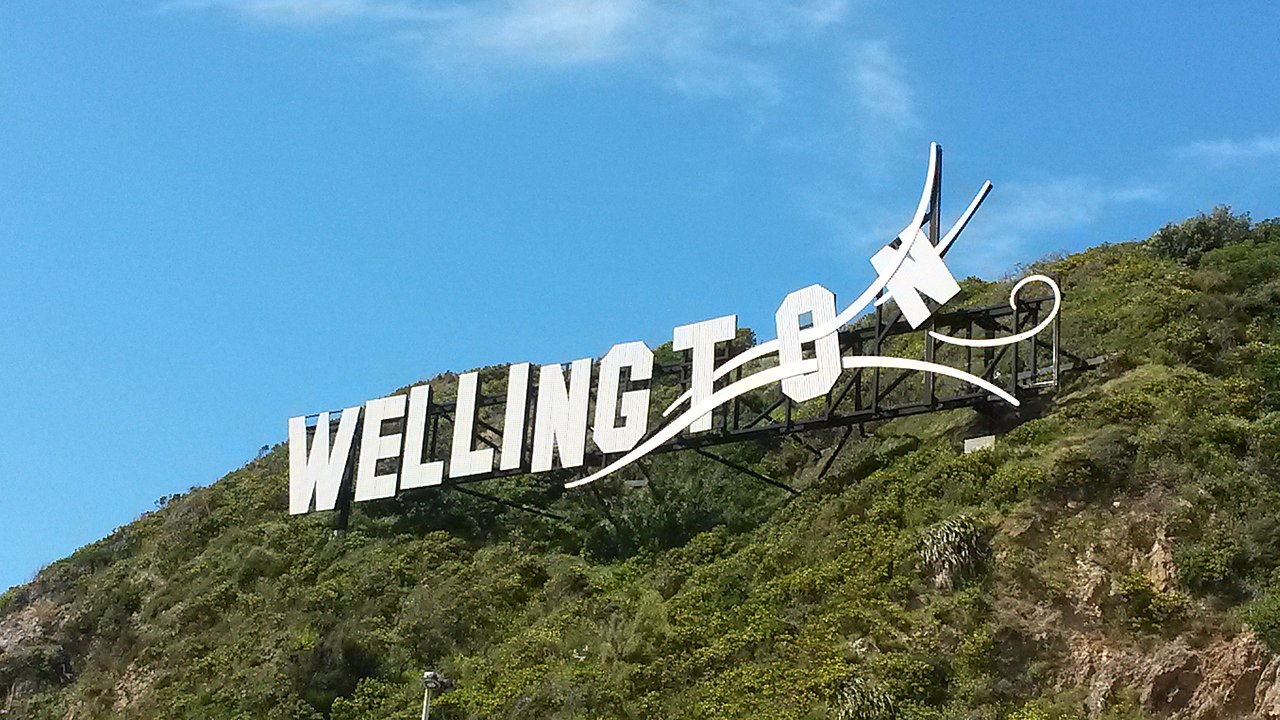The chance of Wellington experiencing an acute water shortage this summer has increased, while emergency water tanks sell out around the region.
New modelling from Wellington Water shows there is now a 33 percent chance of the region seeing an acute water shortage rather than a 24 percent chance that had been previously recorded.
Under that type of shortage, level 4 water restrictions would be brought into place which would ban all outdoor water use and reduce indoor water use by up to 50 percent.


My dog walking loop walks past at least a dozen leaks, 4-5 of them seriously bad ones.
It’s not just the leaks though, this scenario is the result of years of poor planning, badly prioritised spending and just plain incompetence.
it’s frustrating as hell.
Even a small leak would be more water used than a household, when you consider it is running constantly.
Do you report them? In my experience leaks get fixed when I report them, but stay leaking for ages when I assume someone else has reported them.
You can report using the FIXiT app to make it easy (if you’re in the city).
I’ve reported all of them, and any others I come across.
Sweet. It can be surprising how often things just haven’t been reported.
Yeah I’ve actually been impressed with the response to my 2 FIXiT reports - I need to remember to use it more often.
We had an ever worsening leak round my way and I just had assumed it’d been reported. After maybe a month I ended up reporting it through the app and it was fixed the next week.
Would be nice if there was a way to view existing reports / jobs. I did a quick search and found this for water jobs: https://www.wellingtonwater.co.nz/resources/maps/job-status-map/ but it doesn’t show anything for me (might be a mobile / Firefox thing)
The map loads for me on Firefox for Android, just with coloured areas.
Yeah on Chrome you can actually see individual jobs at specific addresses
I tried it on PC Firefox and it still doesn’t work. Looks like it’s blocking the cross-domain requests as they haven’t set their CORS headers right.
I’ve had leaks outside the house which, to me, looked very significant. They’ve sat there for two or three months after I’ve reported them, and gotten visibly worse over that time (which I’ve also reported), before eventually seeing them addressed.
They do turn up and assess them early, though.
According to Wellington Water, at least, many of the worst leaks are underground without being visible from the surface at all. Those are the ones that tend to get prioritised for traking down and fixing between all the others, but i think a fair amount of effort sometimes also has to be put into tracking down exactly where they are.
I think this is a big reason why WW is so keen on smart water meters becoming a thing. It’d allow for relatively immediate information on exactly how much water is leaving very specific parts of the network out of places where it’s not meant to be leaving, and allow it to be tracked down and fixed rapidly.
People are weird about water meters. They complain they don’t want to pay more in utilities, but they are already paying for water in the form of a fixed charge on their rates. Presumably this goes away when the water meters come in, so some people will end up paying less for water than they do now.
Yes it’s certainly costed out by the councils. It’d vary for each council in the region but (for example) WCC shows 13.46% of rates going into water, not including wastewater and stormwater which are costed separately. I think there would be an outcry if people had to pay for meter costs without rates dropping proportionately. It’s probably not entirely clear though, because some of the current rates allocation could be for certain overheads that it mightn’t be sensible for meters to cover. Also costs are just generally rising for everything, so even if the cost of water is removed from rates, it mightn’t feel as if it has been for most people who pay them.
Personally I’d be mildly concerned for renters. I think it’s highly likely that many landlords would simply pocket any rates reduction while their tenants get a new bill to pay, assuming meters are used for billing rather than just measuring or only billing for excessive use (which is also an option). That said I don’t think a broken rental market, which needs to be fixed in other ways, is a good enough reason to hold off addressing fundamental problems with the water system.
As far as paying less for water, though, that’s what supposedly happened in Kapiti when they went through the change a decade ago:
You make a good point. Rates are rising at 10%+ each year, people would blame water meters even if they weren’t responsible.
I think it makes sense to bring in water meters regardless, if water usage is a problem. Simply by measuring you change people’s behavior.